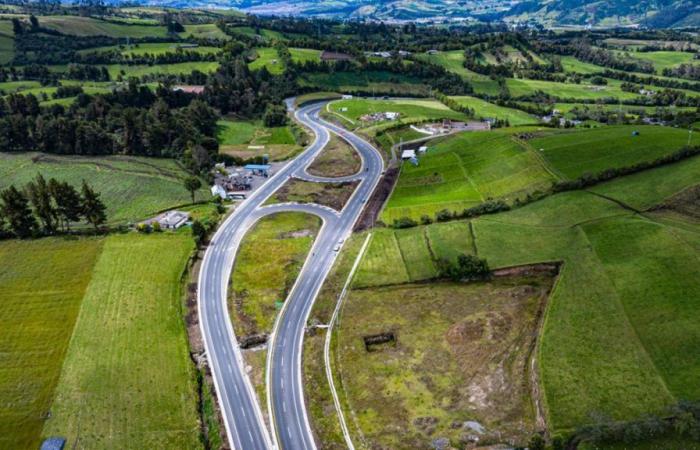I write this column while touring the department of Nariño. Here, President Petro won 80.9% of the votes in the second round of the 2022 elections; no other region gave it such a high margin. Furthermore, in October 2023, Luis Alfonso Escobar, the only militant governor of the Historical Pact, was elected.
With such a background, one would expect to find people full of hope. However, I found a department that feels regressed and where ordinary people wonder what elections are for.
To some extent, Nariño is a sample of the current state of things in the country. President Petro’s political project is generating frustration because he elected himself by making promises that he has not been able to keep. But the discontent does not come only from the lack of results, but from the use of increasingly pugnacious rhetoric to hide poor management.
The consequences of such an explosive cocktail are tangible in the south of the country. Last year the Pan-American highway suffered 48 blockages. Union leaders say this number will double this year. Rightly so, the country talks about the problems of Cauca. However, not many stop to think about what is happening in an increasingly isolated and marginalized department of Nariño.
As if this were not enough, kidnappings and extortion cases have increased in the last year. In the midst of territorial disputes between armed organizations – especially dissidents from the FARC, the ELN and the so-called ‘Second Marquetalia’ –, the number of displaced people has almost tripled. Between 2020 and 2022, coca hectares practically doubled. Without going any further, last night a car bomb exploded in Taminango, which explains why many political leaders told me that they no longer leave Pasto.
There will be those who say that not all responsibility lies with the current government, and they will be right. But the mandate falls here and now. The time to act is now.
After landing in Ipiales, which today has commercial operations thanks to effective decisions and tangible investments made by the governments that are now so criticized by the president, I traveled yesterday along the Ipiales-Pasto highway – a world-class dual carriageway that shows how important were the 4G concessions and the very positive impact they have had on competitiveness. However, the biggest problem is the 13 kilometers that were not done because at the time the indigenous reservation in the area did not approve the prior consultation. Now that the resources have been executed, the indigenous communities have said that they do want the dual carriageway, but it is too late. As if examples were lacking, this shows that prior consultations in our country are dysfunctional: they are used to block projects without thinking about the needs of the population.
The same happens with infrastructure policy. In the wrong way – perhaps seeking to discredit the 4G model – President Petro has stated that the money allocated to the Pdet, which are development plans with a territorial focus in the regions most affected by the conflict, ended up being given to them. to 4G.
The truth is that the Pdet were financed with tax works – an innovative and efficient mechanism that we carried out – as well as by the reform of the General Royalties System, which in 2017 created a special fund for this type of projects. Resources were also appropriated from the General Budget of the Nation, which in no way generated conflict or tension with 4G. Rather, President Petro should tell the people of Nariño, where he won with so many majorities, why he has not fulfilled his promises, such as the 4G between Pasto and Popayán, which is the main pending work in terms of road infrastructure.
Nariño and the country cannot stand any more sterile debates. People deserve much more than promises. We must build more infrastructure and not complicate things more, as will surely happen now that the Government decided to convert the indigenous reservations into environmental authorities, above the Anla. The people in Nariño and the unfulfilled promises will give us the example of how to get back on the path to an effective policy, based on results. The country, its businessmen and organizations must make more presence and show solidarity with the needs of this department.






